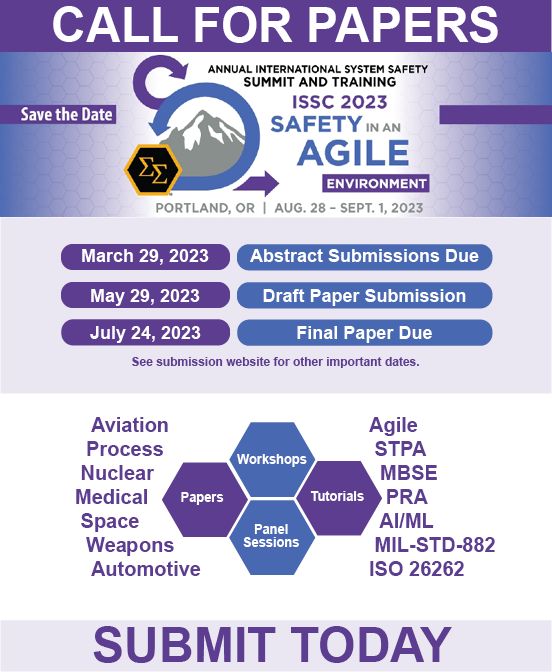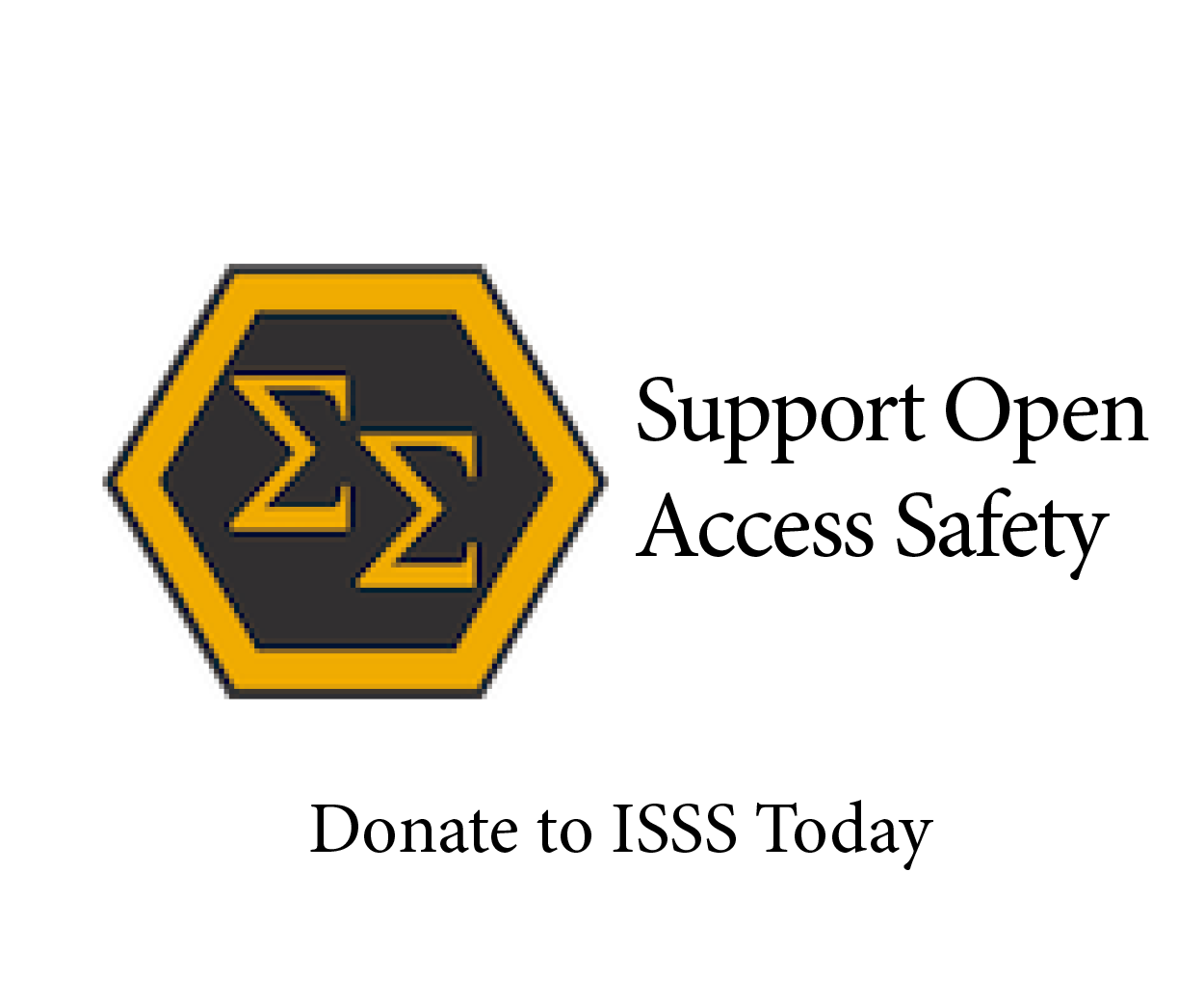System Safety in Healthcare
Curing the Risk Management Process in Hospitals
Keywords:
risk, risk management, process, healthcareAbstract
The risk management process in most hospitals is sick. The symptoms are clear:
- There are more fatalities from medical mistakes than there would be if a jumbo jet crashed every week
- There are 40 incorrect surgeries performed a week
- Up to 30 percent of nurses have musculoskeletal injuries from handling overweight patients
- Most hospitals are at a three-sigma level of quality
- There has been practically no reduction in the number of adverse events in hospitals during the last 10 years
The system can be cured, but we need the right caregivers, including surgeons and physicians, who can cut out the non-value processes and replace them with high-value transplants.
References
Kenen, Joanne. “Medical Errors Occur 10 Times More than Previously Thought,” AARP Bulletin, April 7, 2011.
Pronovost, P., and E. Vohr. Safe Patients, Smart Hospitals, Hudson Street Press, 2010.
Clancy, Carolyn. “What is Health Care Quality and Who Decides?” Testimony before the U.S. Senate Committee on Finance, Subcommittee on Health Care, March 18, 2009, http://archive.ahrq.gov/news/speech/test031809.html.

Downloads
Published
How to Cite
Issue
Section
Categories
License

This work is licensed under a Creative Commons Attribution-NoDerivatives 4.0 International License.









